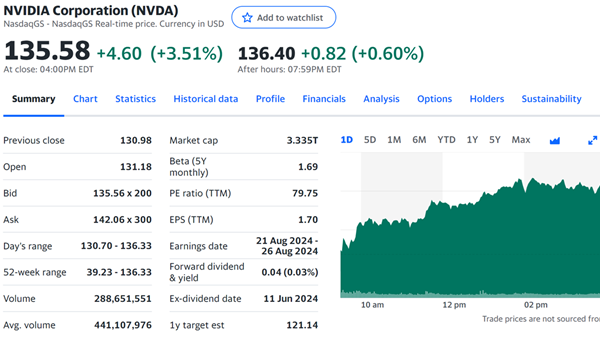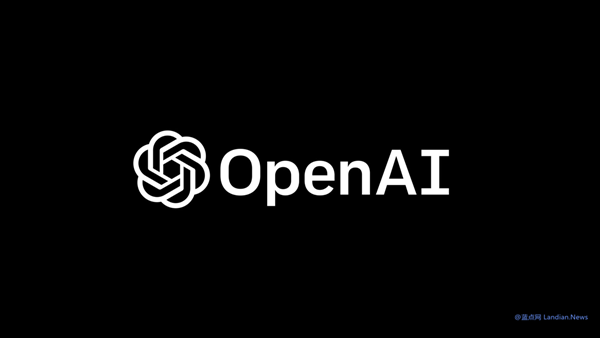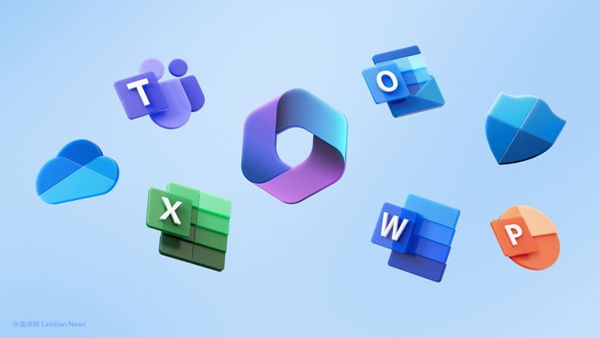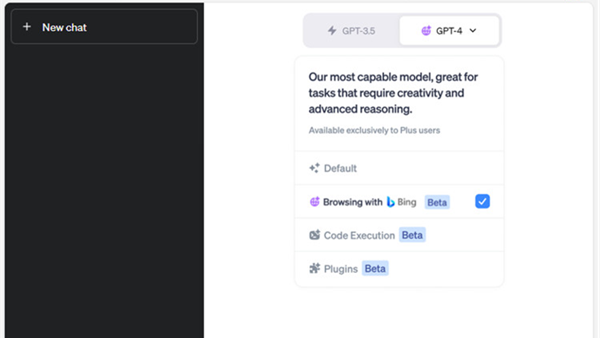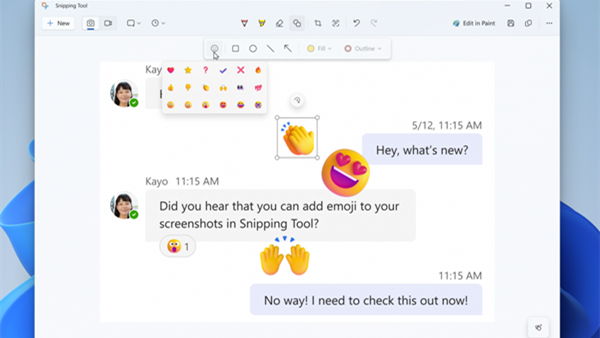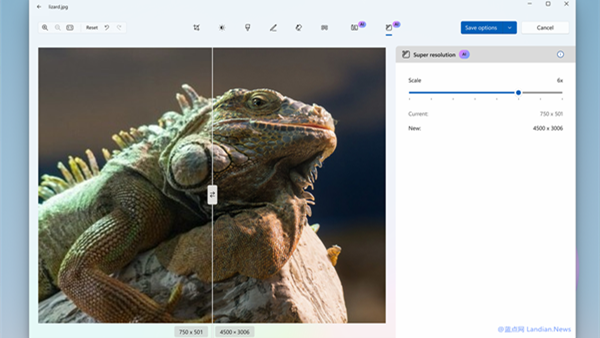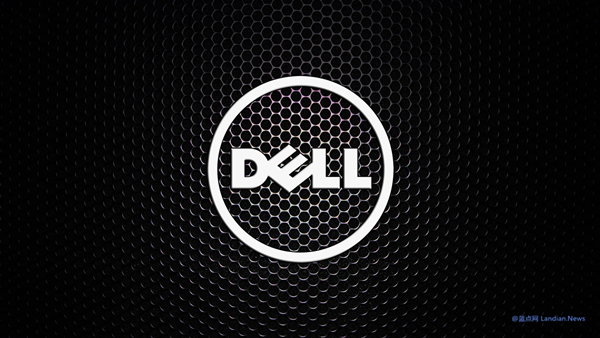Chroma, the AI-Native Embedded Database Start-up, Secures $18 Million Seed Funding Boost Amidst AI Boom
In the midst of an artificial intelligence (AI) boom, surrounding technologies and the start-ups behind them are experiencing rapid growth. One such company, Chroma, the developer of an AI-native open-source embedded database, has just secured $18 million in seed funding this week.
This marks Chroma's second funding round, following an undisclosed seed fund amount in May 2022. The latest $18 million seed round was led by Astasia Myers, with participation from several well-known angel investors.
Chroma is a technology-driven ultra-small company with a modest team size, but its embedded database has gained a significant number of users in recent months. The AI boom has led to a surge in developers utilizing Chroma's database for their AI projects.
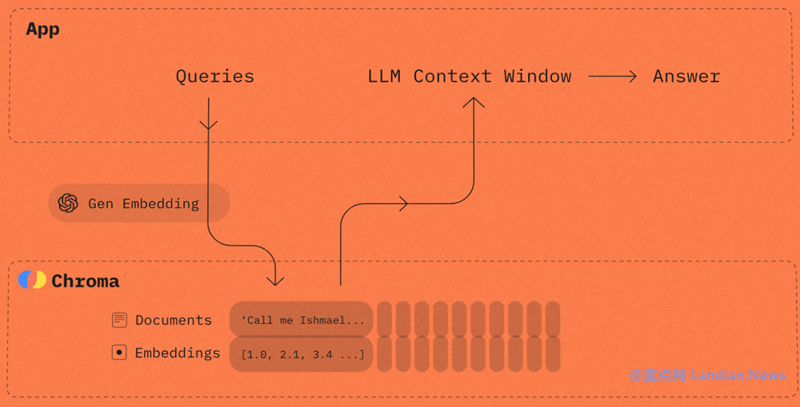
Chroma's products include:
LLM Application Logic: Langchain and Llamaindex enable developers to write business logic based on use cases.
Embedded Database: Chroma provides large language models (LLMs) with long-term memory, allowing them to remember context and store records according to different development logic for later retrieval.
The AI-native embedded database developed by Chroma allows developers to add states to AI applications, including providing data, facts, insertable knowledge, and even preventing AI "hallucinations."
Many developers use Chroma's database as a bridge when creating AI programs based on OpenAI's GPT technology, without utilizing OpenAI's data and instead opting for specific data sets.
Chroma also offers developers data storage, embedding, and query functions, as well as filters. In the future, the company will provide automatic aggregation and query relevance features.
Chroma plans to release a managed product (Serverless-class product) that will offer serverless storage and retrieval capabilities, supporting both upward and downward scalability. This will allow developers to start using the product without building their own infrastructure. Initially, the managed product will be available as a free technical preview, with a full release at a reasonable price to follow.

